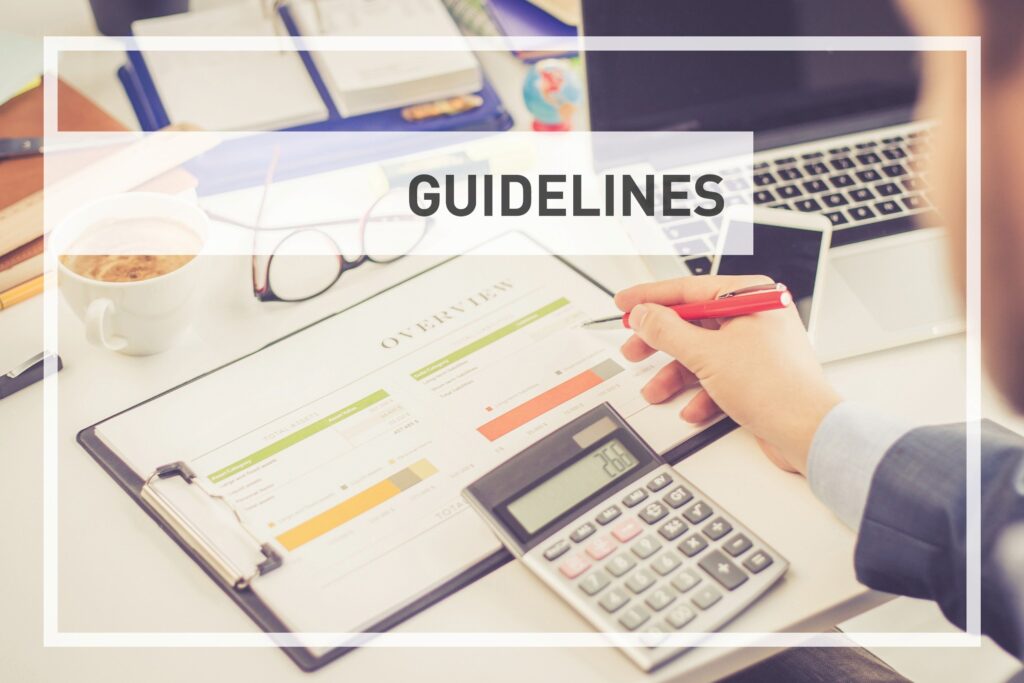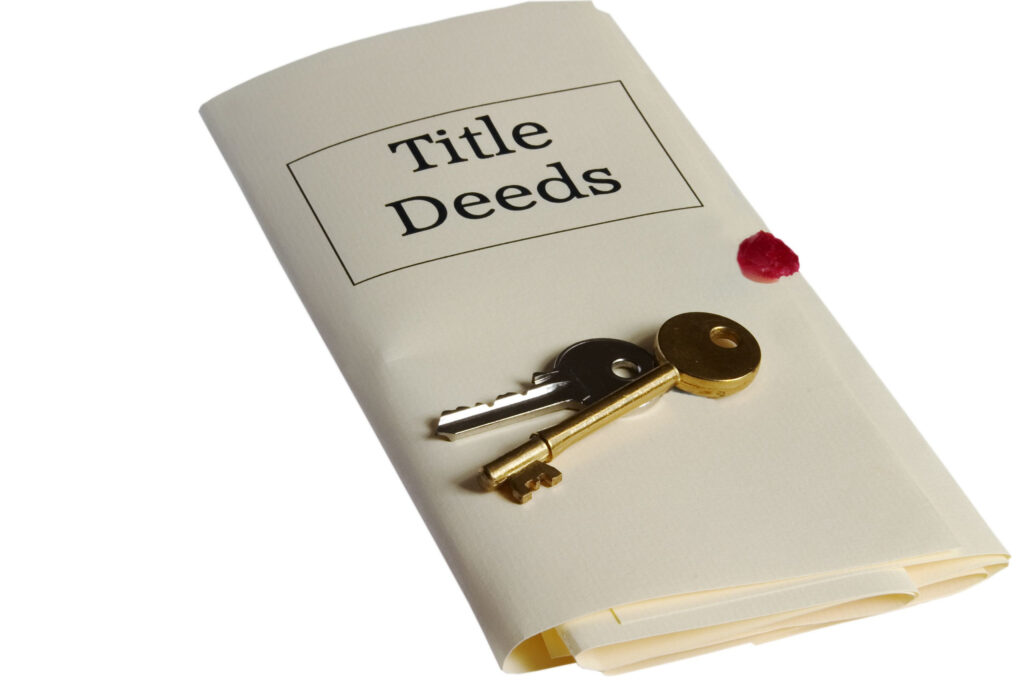It’s Important Not To Overlook The Sometimes Dull But Essential Details That Go With Purchasing A Property
If you’re buying a home in Gloucestershire with your partner or a friend, you may be very excited about the process. But it’s important not to overlook all the dull but essential details that go with it.
Joint ownership brings legal implications along with it that you should address straight away, and one key question is whether you’ll be holding your property as “Joint Tenants” or “Tenants in Common”. At TG Sales & Lettings, we’ve realised that many prospective buyers have no idea what the differences are between these two terms! So, here is an overview of everything you need to know.
What Does “Joint Tenants” Mean?
If you are “joint tenants”, you each have an equal right to the entire property. As many as four owners can hold joint tenancy of a property, but it does raise some potential legal issues. Legally, you’re deemed to be a single individual, so you need just one mortgage, and when you want to sell the property, it must be a joint decision.
If one joint tenant passes away, the other joint owners are automatically left the property under a rule called “Right of Survivorship”. Since you can’t pass on the property in a will as a joint tenant, that’s a major consideration to keep in mind when choosing how you’ll hold the property.
What Does “Tenants in Common” Mean?
If you hold the property as “tenants in common”, each party will own their own separate share, which may differ in terms of size. So, as an example, one party may own 20%, one may own 30%, and one may own 50%.
When you sell the property, all parties must agree, but if you’re “tenants in common”, you can leave your share of the property to somebody other than your co-buyers in your will. Although legally speaking you can technically each have your own mortgage for your share of the property, few lenders offer these mortgages.
An Overview of The Similarities and Differences Between Tenants in Common and Joint Tenants
Agreement to Sell – Both joint tenants and tenants in common must agree with each other when it comes to selling the property.
Ownership Division – Joint tenants have an equal right to the entire property while tenants in common hold their own share.
Bequeathing the Property in a Will – Joint tenants cannot pass on the property in their will; their share passes automatically to the other joint owners, while tenants in common can pass their share to anyone they choose.
Joint Mortgages – joint tenants must have a joint mortgage for the property. Although tenants in common are not legally required to do so, they may find it difficult to find a lender who is prepared to split up the mortgage between tenants.
Is It Best to Be Joint Tenants or Tenants in Common?
You need to decide whether tenancy in common or a joint tenancy is best for your individual circumstances. In general, couples who are buying a home together find that holding the property as joint tenants is the best option for them, while people who are buying with friends or as part of a group of buyers usually find that a tenancy in common is the right choice for them.
If you’re ready to buy a property with your partner or friends in Gloucestershire, send us an email at rachel@tgres.co.uk or give us a call on 01452 300822 now. Our friendly team at TG Sales & Lettings are looking forward to helping you find the right home for you.













